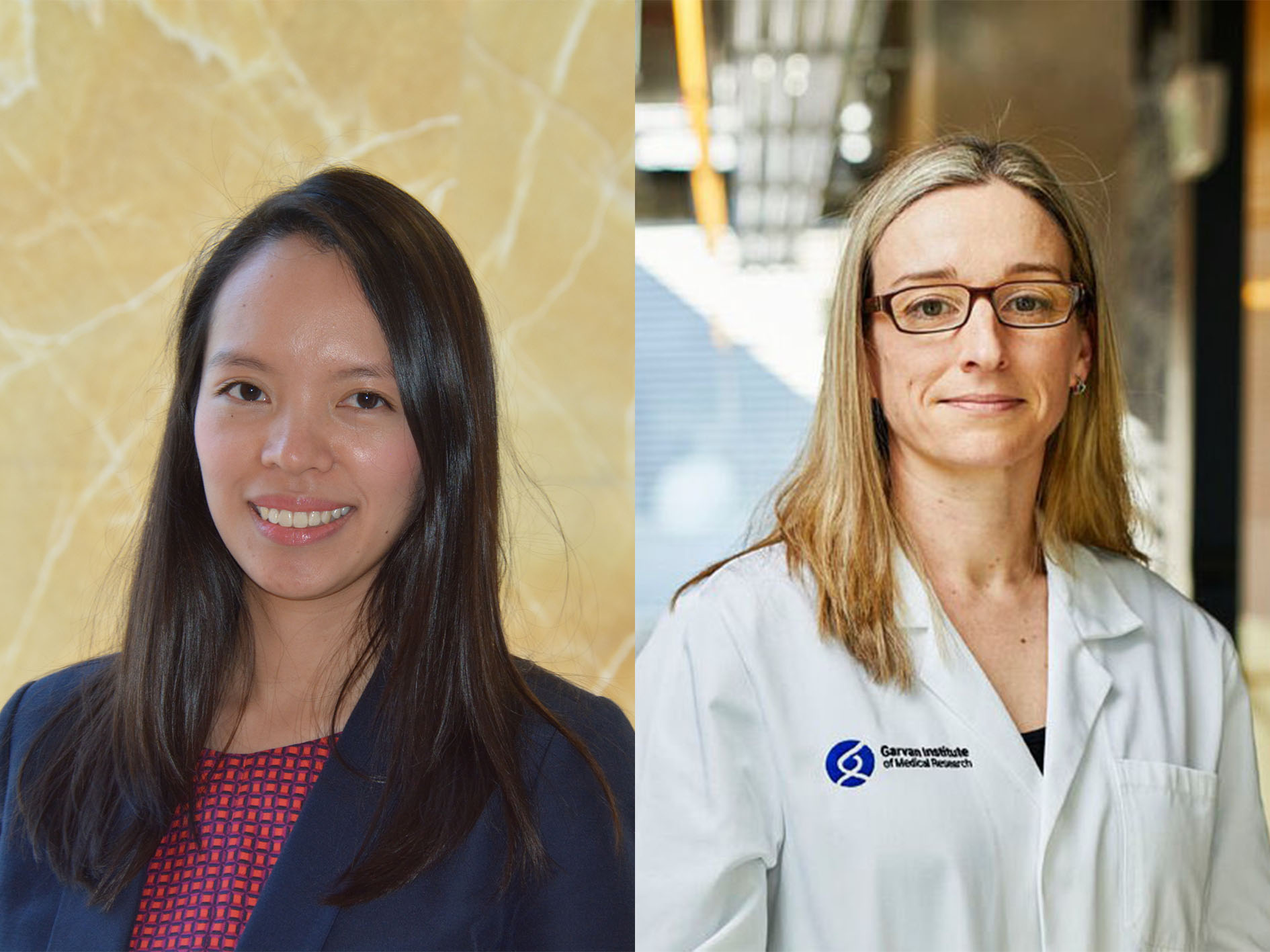Early/mid-career cancer researchers awarded Cancer Clinical Academic Group seed grants
Maridulu Budyari Gumal (SPHERE) Cancer Clinical Academic Group has committed $100,000 in new seed grants for two interdisciplinary projects led by early/mid-career researchers Dr Trang Pham and Dr Liz Caldon to be undertaken in 2021.

